World View: Letter from London
Our new series shines light on the creativity and resilience of designers around the world as they confront the challenges wrought by the Covid-19 pandemic. Working with contributing editors across eleven global territories, we reach out to creative talents to ponder the power of design in difficult times and share messages of hope. Here, contributing editor Hugo Macdonald catches up with designers Ilse Crawford, Erdem Moralioglu, Frith Kerr and Philippe Malouin, who reflect on philosophy, the power of camaraderie, and the responsibilities that lie ahead.
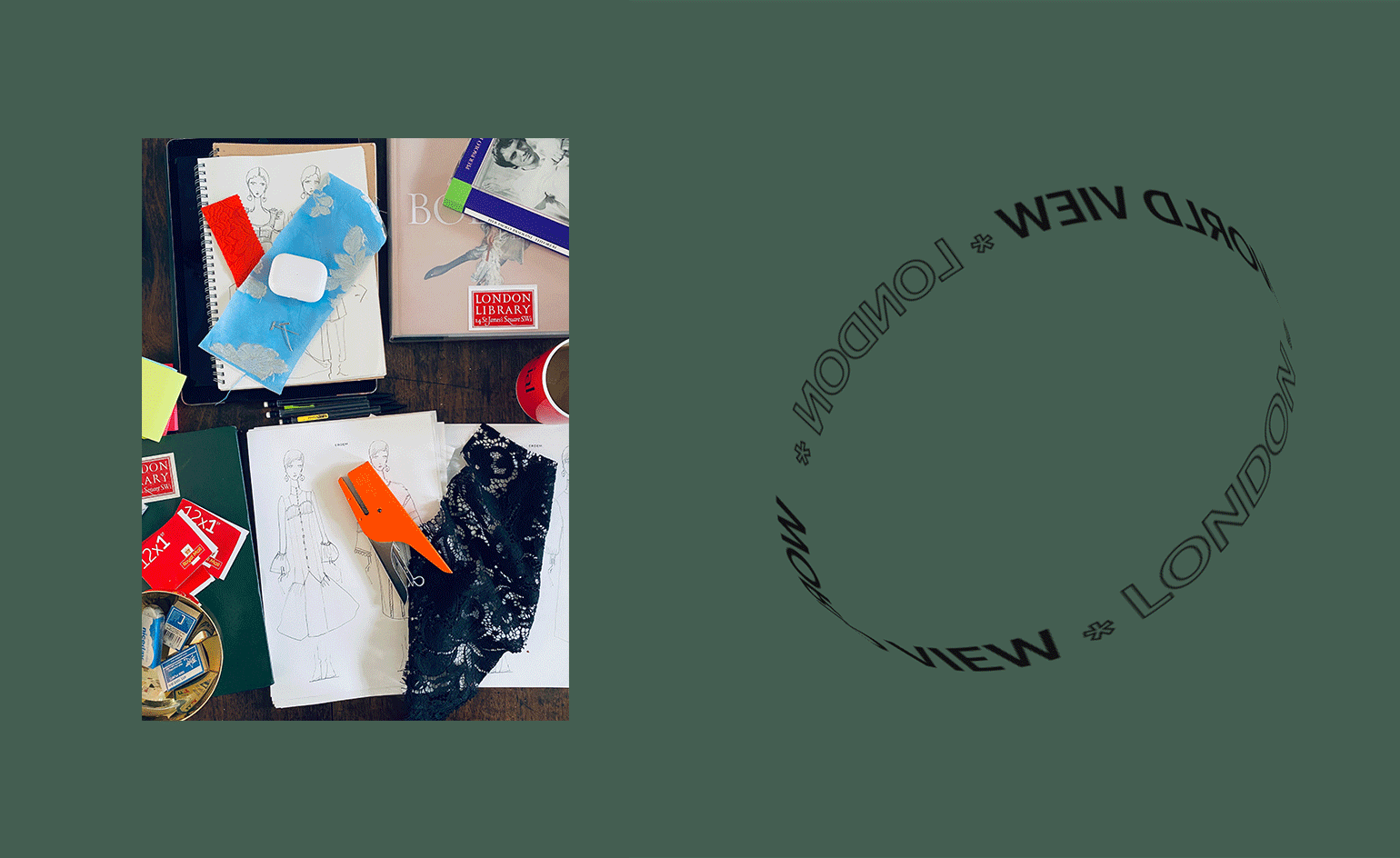
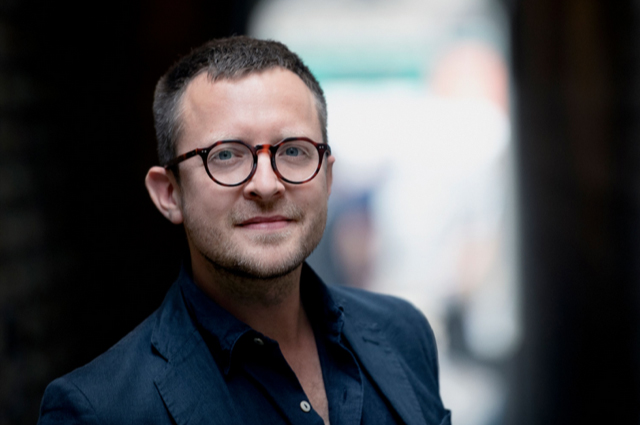
We are currently in a collective state of cognitive dissonance. Our various day-to-day lives and realities have been shattered. How significantly and permanently remains to be seen. Like so many metropolises, London in lockdown is a ghost of its usual self. Yet the shuttered streets belie a hive of activity behind closed doors. Across the capital, designers are buzzing from Zoom to Zoom. The common tale is surprise (and relief) at how much can keep going despite the changed circumstances, leaning on trust among teams and colleagues. The shared feeling is that we must not squander the chance for positive change. As Rahm Emanuel said in 2009, ‘You never want a serious crisis to go to waste.’
Ilse Crawford has built her career promoting the value of the immeasurable aspects of life. She’s quick to point out the serendipity of designing a new global institute for social change in Hamburg, ‘at a time when everybody is imagining how we might reboot the machine in a more equitable way’. The ambitious project strikes a loud chord not just with the times, but also with Crawford’s values-driven, human-centred design ethos, or ‘humanomics’, to use her term.
‘The mission of the institute is to help abstract academic knowledge reach reality through communication and activism, to address urgent issues in life and inspire positive change,’ she explains. ‘How can knowledge reach people effectively? This question is also fundamental to design. We need to better connect the people who can make things happen with the means to make things happen. There should be pressure on all of us to deliver.’
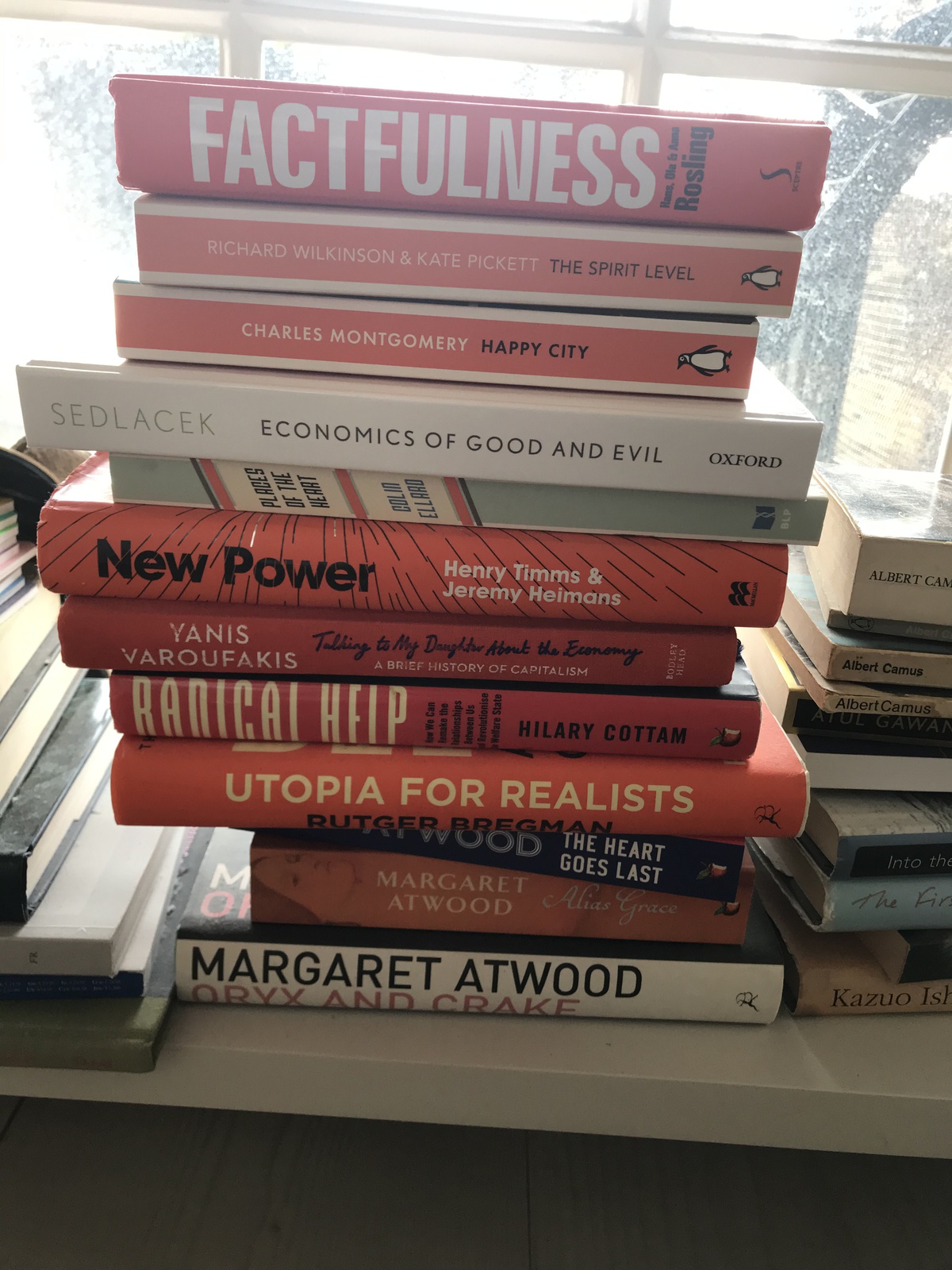
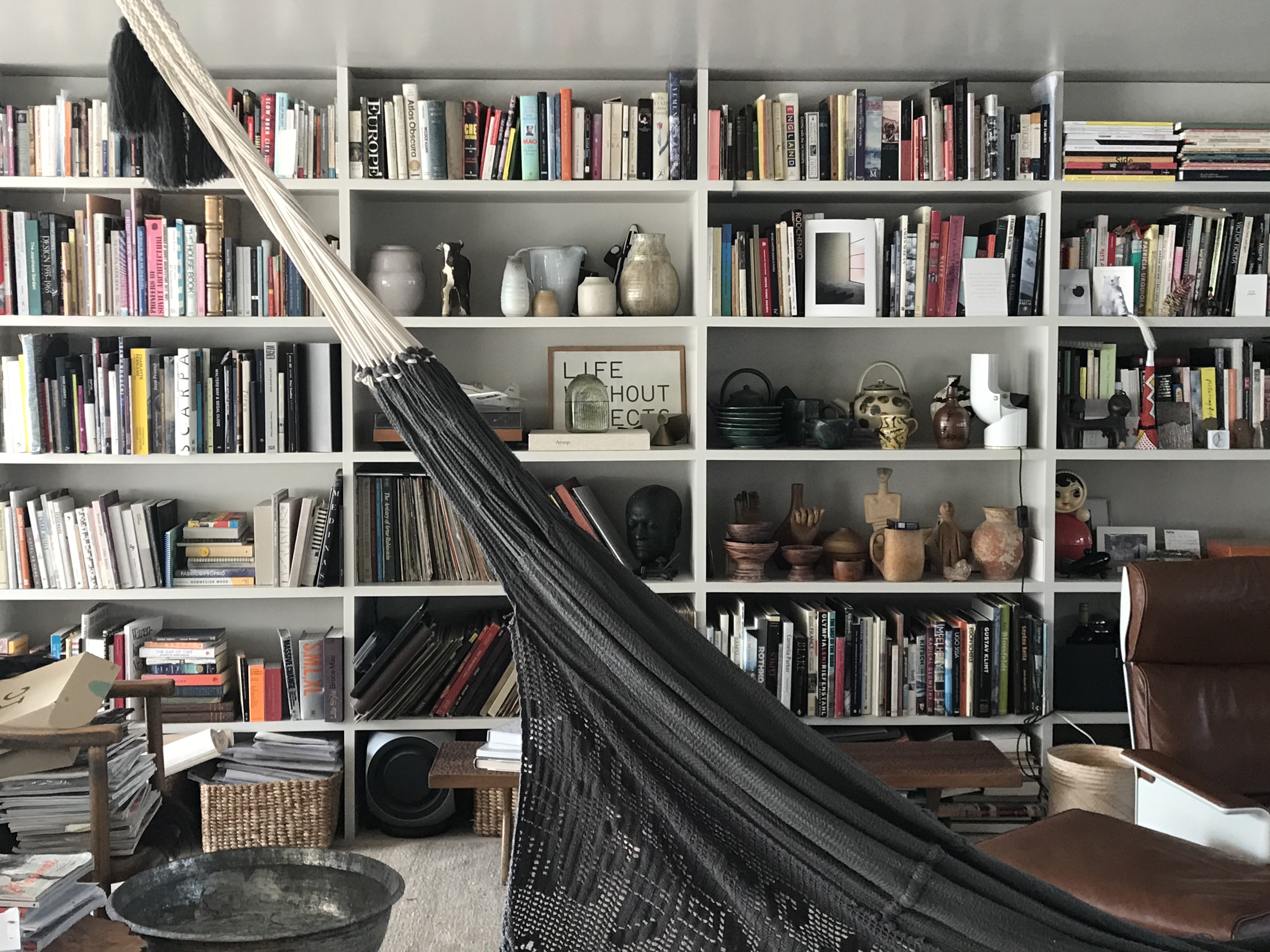
Above, an avid reader at the best of times, Ilse has been working her way through ‘a pile of progressive orange titles.’ Below, bookshelves line the walls of Ilse Crawford’s Bermondsey apartment, together with ‘the world’s best hammock’ from a women’s collective in Columbia.
Independent fashion designer Erdem Moralioglu will be celebrating the 15th anniversary of his Erdem brand in September. He runs a studio of 67 and has just finished a remote fitting session with his head pattern-cutter, who lives on a houseboat. ‘I care deeply about my team – we are feeling our way together through extraordinary times,’ he says, while remarking on the comfort from sharing hopes and fears among his friends in the fashion community. Like many of us, he also cut his own hair.
‘Who can argue that our system is sustainable?’ he asks, rhetorically. ‘I’ve been remembering how I used to do things. When I started, 80 per cent of my production was UK-based, now it’s around 50 per cent. As an industry, our travel and shipping footprints, our supply and production chains, are all ripe for re-evaluation.’ Erdem is donating 10 per cent of all S/S2020 sales to the National Emergencies Trust Coronavirus Appeal.
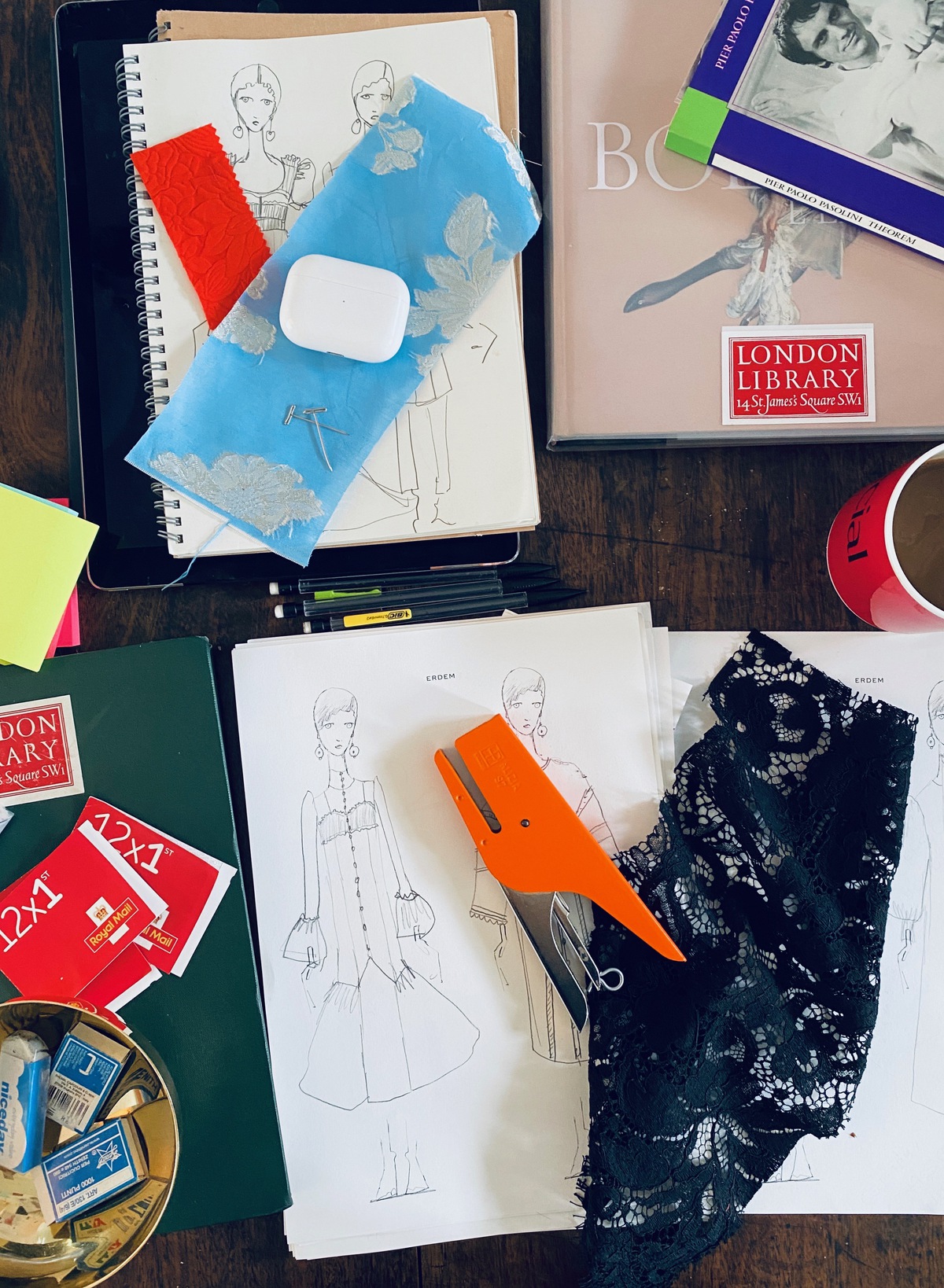
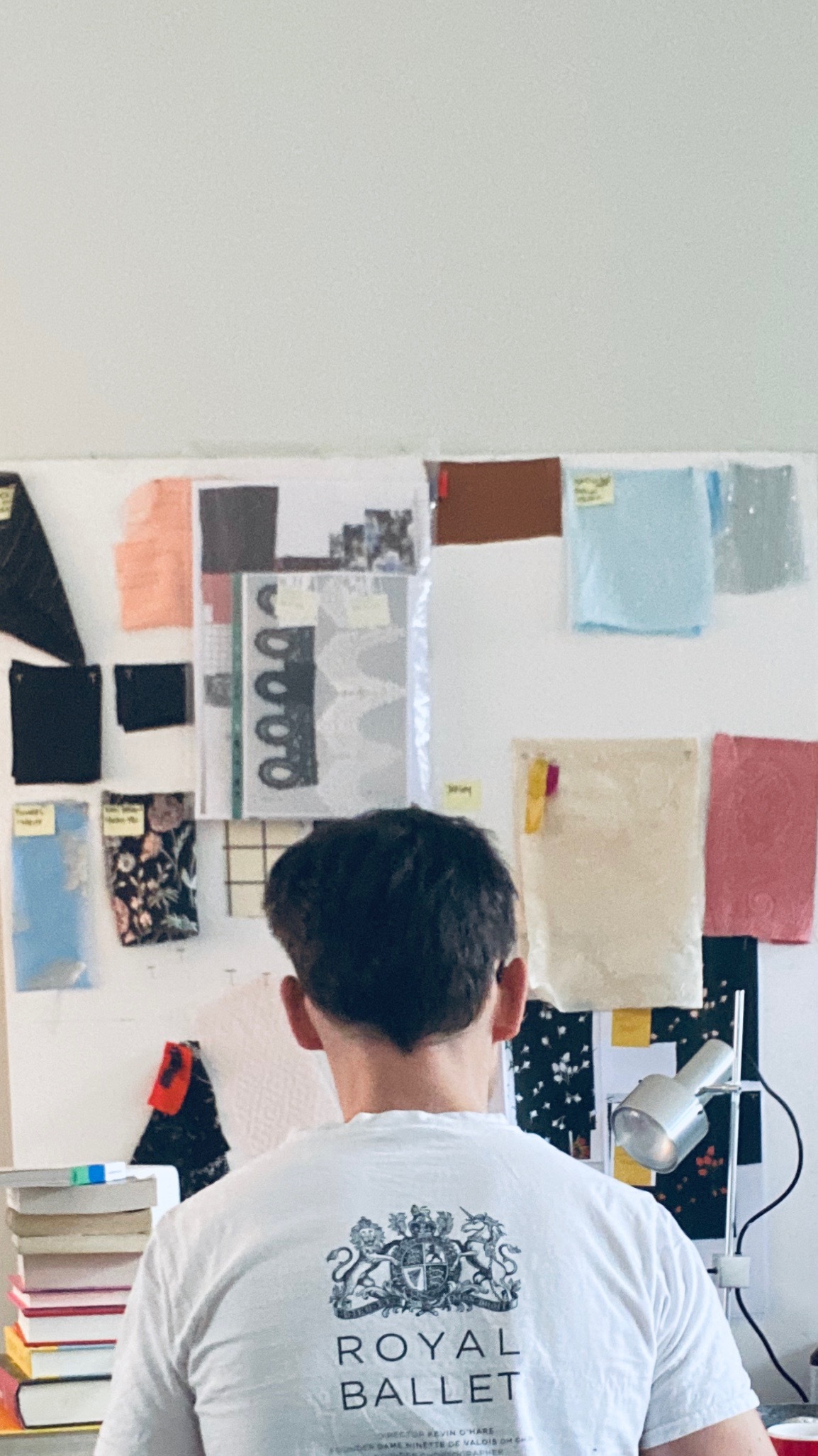
Above, fashion designer Erdem Moralioglu’s desktop at home, with reference material, fabric swatches and drawings for future collections. Below, Erdem wears a t-shirt from the Royal Ballet, where a revived run of Christopher Wheeldon’s Corybantic Games, for which he designed the costumes, was sadly cancelled
Wallpaper* Newsletter
Receive our daily digest of inspiration, escapism and design stories from around the world direct to your inbox.
Frith Kerr of Studio Frith has an eclectic roster of clients from Thomas Heatherwick to Bill Granger to Michèle Lamy, alongside a (hopefully not prescient) project on extinction with Alexandra Daisy Ginsberg and Sissel Tolaas for Ginkgo Bioworks. She senses greater focus on canny branding: ‘With marketing and advertising budgets cut almost completely, branding that works hard is going to have been a good investment,’ she says.
‘We’ve worked for two years on a large wall piece at Tate Modern as part of their 20th anniversary celebrations. It’s just been installed, and it is weird having this work that exists but that no one can see. Like Schrödinger’s cat. we wonder if it really exists. Possibly, right now we are all Schrödinger’s cat.’
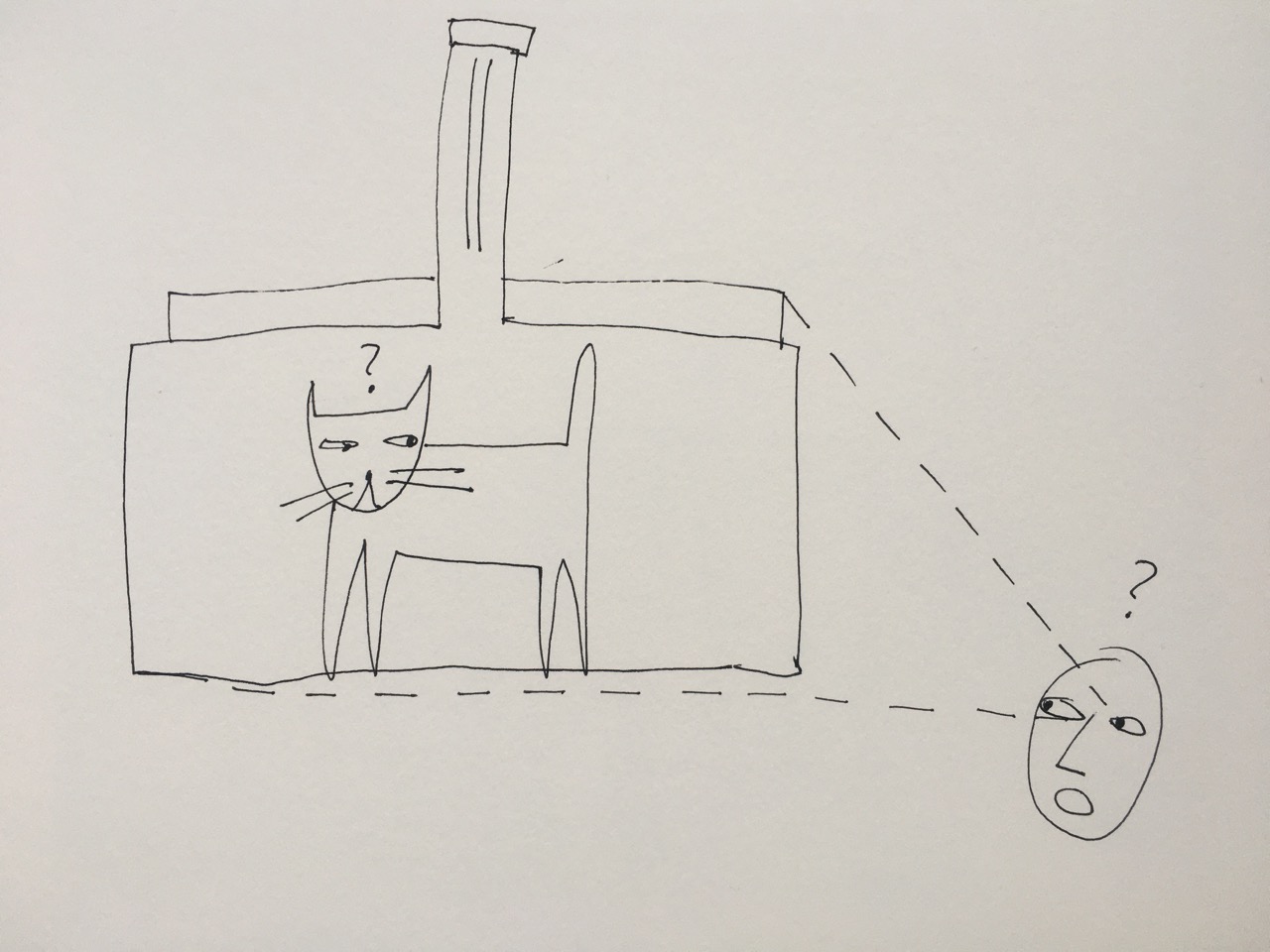
A large wall piece by Studio Frith has just been installed in Tate Modern as part of their 20th anniversary celebrations. Likening it to Schrödinger’s Cat, Frith wonders at this moment if it really exists
Former Wallpaper* designer of the year, Philippe Malouin, is sanguine: ‘I’m working on a task chair, which is ironic because I’ve never needed a task chair like I do now since I’ve hurt my lower back. The chair I’m working on has very simple, effective adjustability, which would really help me right now.
The chair I’m sitting on is one of my all-time favourite pieces of furniture, but it’s not ergonomically adjustable!’ Bad back aside, Malouin articulates the one thing on everyone’s lips: ‘Design is teamwork for me. As much as Zoom and screen-sharing helps, being isolated deeply impacts us and slows us down tremendously. This reinforces the fact that I couldn’t do what I do from home, and I sure as hell couldn’t do it alone.’
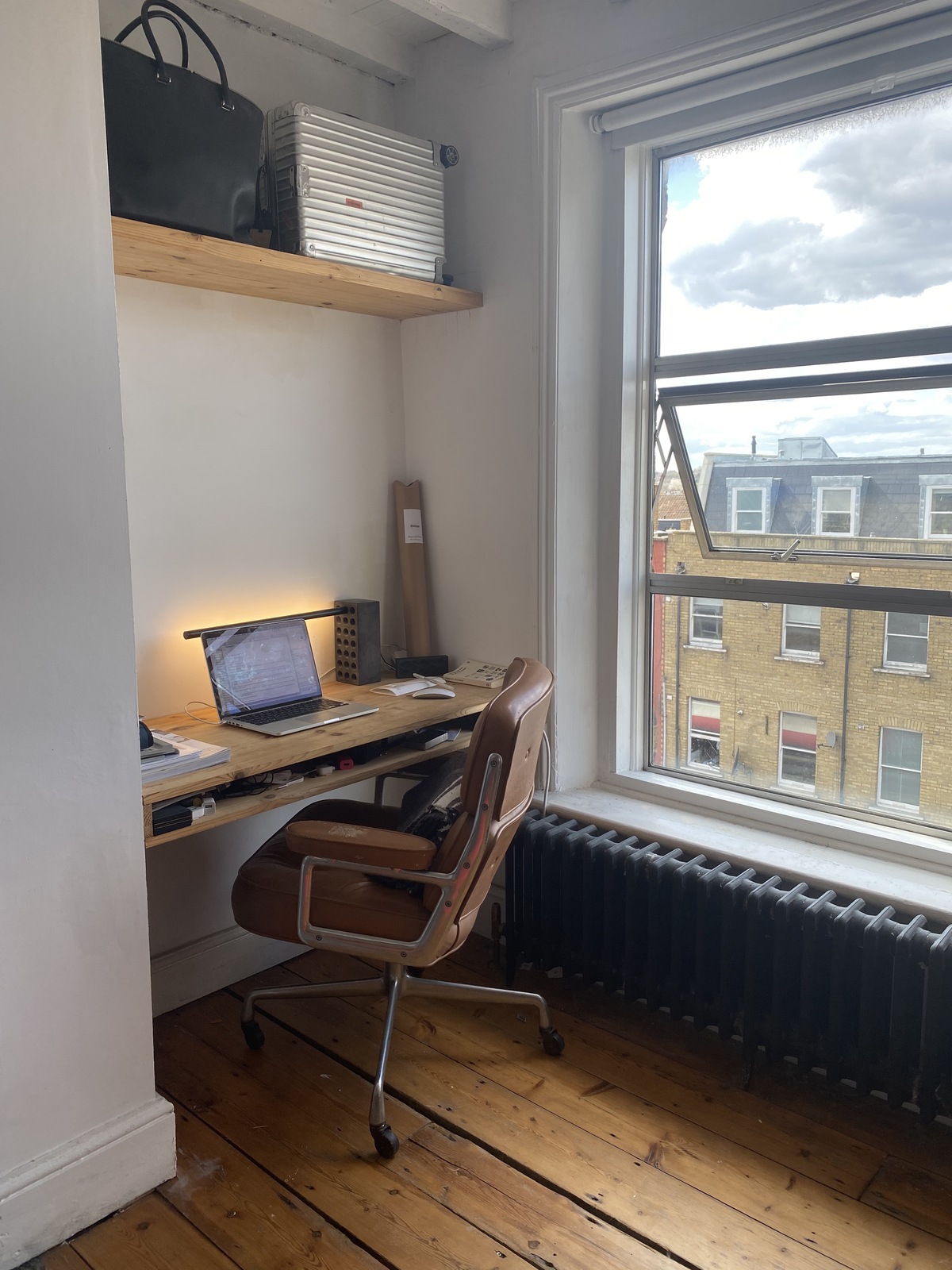
The understated home desk of Philippe Malouin, a former Wallpaper* designer of the year, featuring the Time-Life chair by Charles & Ray Eames for Herman Miller, and Malouin's Brick lamp for Umbra Shift
Design in all guises must surely play a powerful role in putting life back together, with embedded strategies for more responsible environmental, social, economic and political behaviour. As a community and an industry, we can and must fight for this together; the opportunity for renewal might be the greatest call to arms we will ever receive.
Read more from Wallpaper* World View
Letter from Milan
Letter from Singapore
Letter from Melbourne
Letter from New York City
Letter from California
INFORMATION
@studioilse_, studioilse.com
@erdemlondon, erdem.com
@studiofrith, studiofrith.com
@philippemalouin, philippemalouin.com

Hugo is a design critic, curator and the co-founder of Bard, a gallery in Edinburgh dedicated to Scottish design and craft. A long-serving member of the Wallpaper* family, he has also been the design editor at Monocle and the brand director at Studioilse, Ilse Crawford's multi-faceted design studio. Today, Hugo wields his pen and opinions for a broad swathe of publications and panels. He has twice curated both the Object section of MIART (the Milan Contemporary Art Fair) and the Harewood House Biennial. He consults as a strategist and writer for clients ranging from Airbnb to Vitra, Ikea to Instagram, Erdem to The Goldsmith's Company. Hugo has this year returned to the Wallpaper* fold to cover the parental leave of Rosa Bertoli as Global Design Director.
-
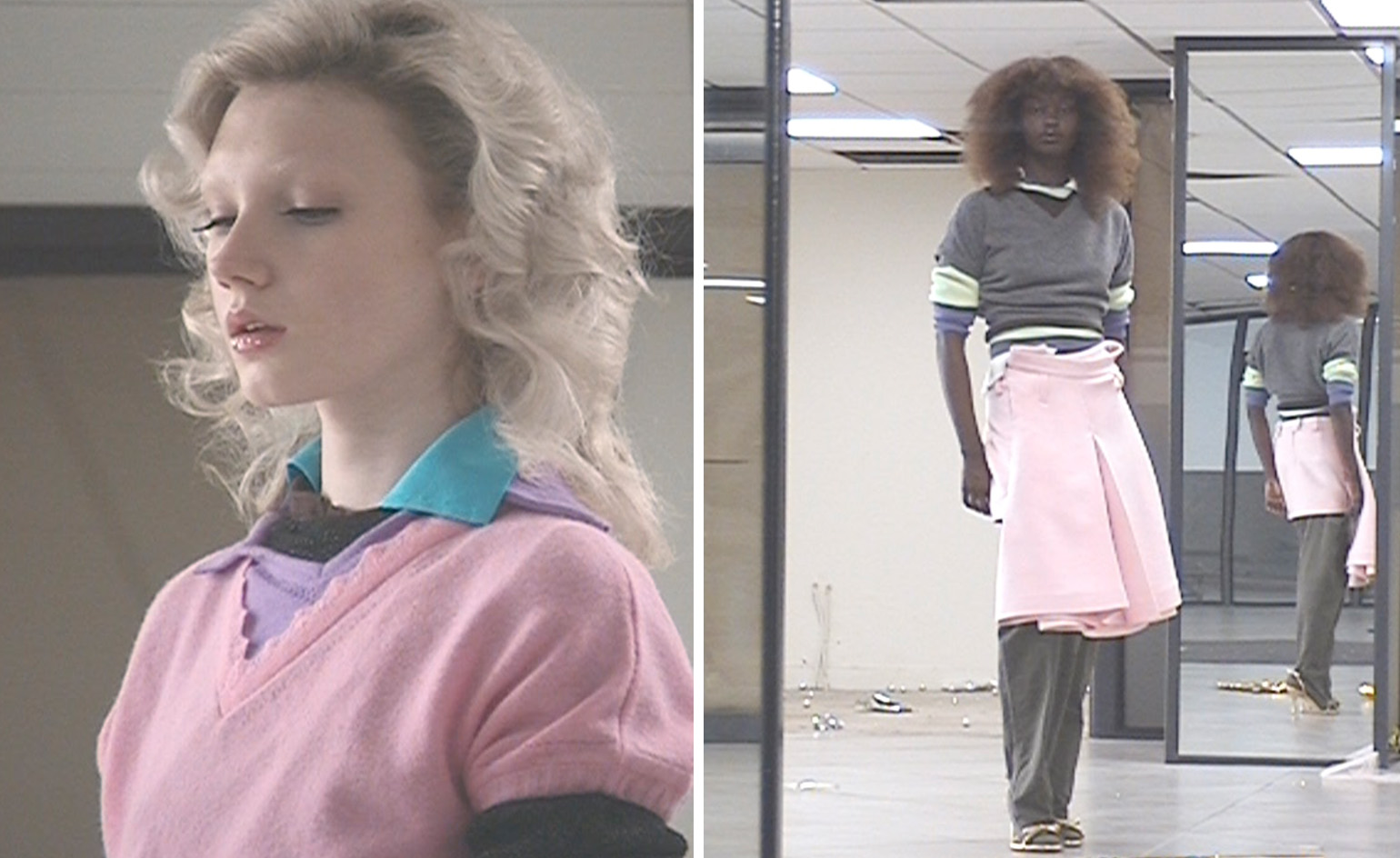 All-In is the Paris-based label making full-force fashion for main character dressing
All-In is the Paris-based label making full-force fashion for main character dressingPart of our monthly Uprising series, Wallpaper* meets Benjamin Barron and Bror August Vestbø of All-In, the LVMH Prize-nominated label which bases its collections on a riotous cast of characters – real and imagined
By Orla Brennan
-
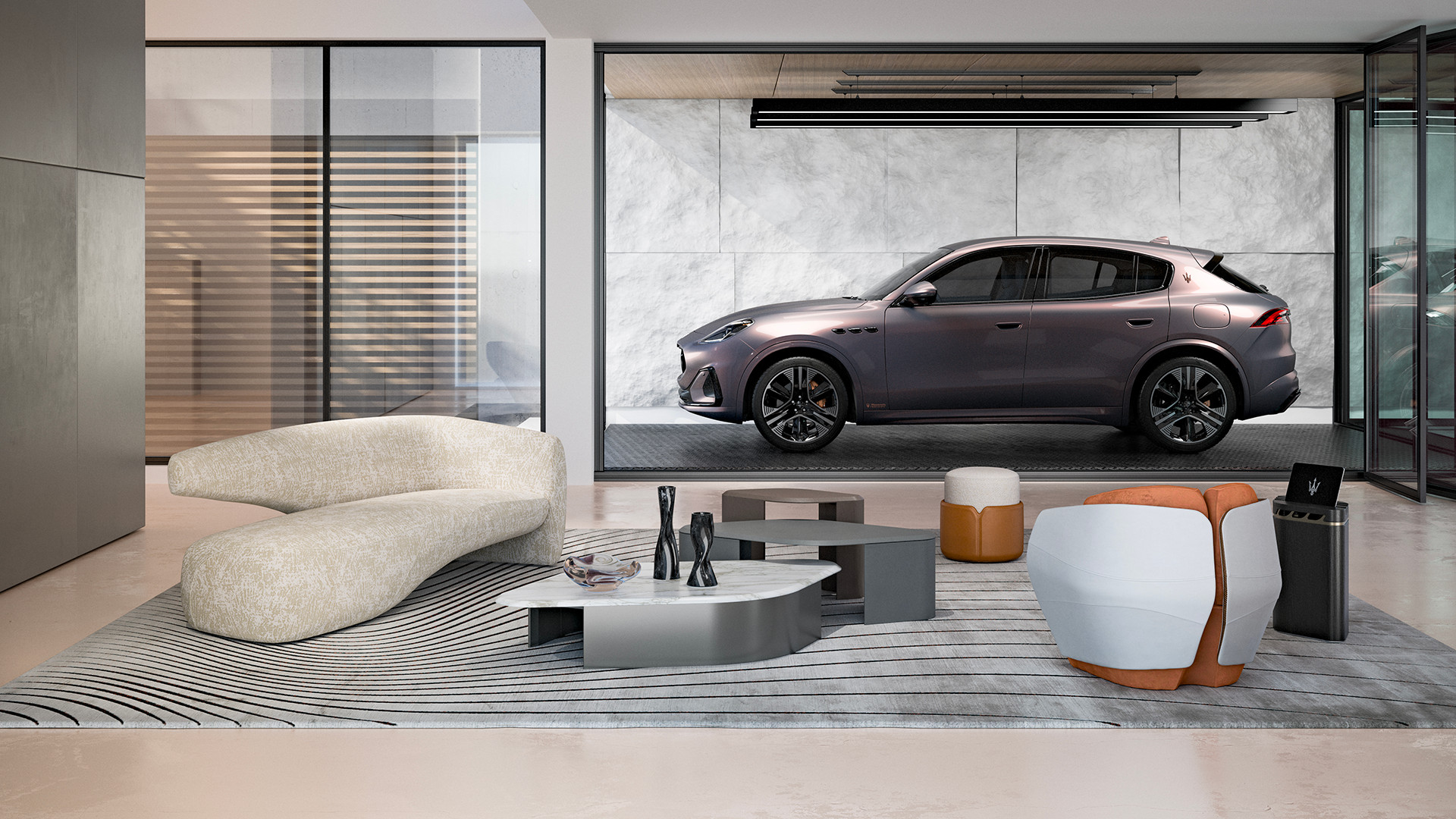 Maserati joins forces with Giorgetti for a turbo-charged relationship
Maserati joins forces with Giorgetti for a turbo-charged relationshipAnnouncing their marriage during Milan Design Week, the brands unveiled a collection, a car and a long term commitment
By Hugo Macdonald
-
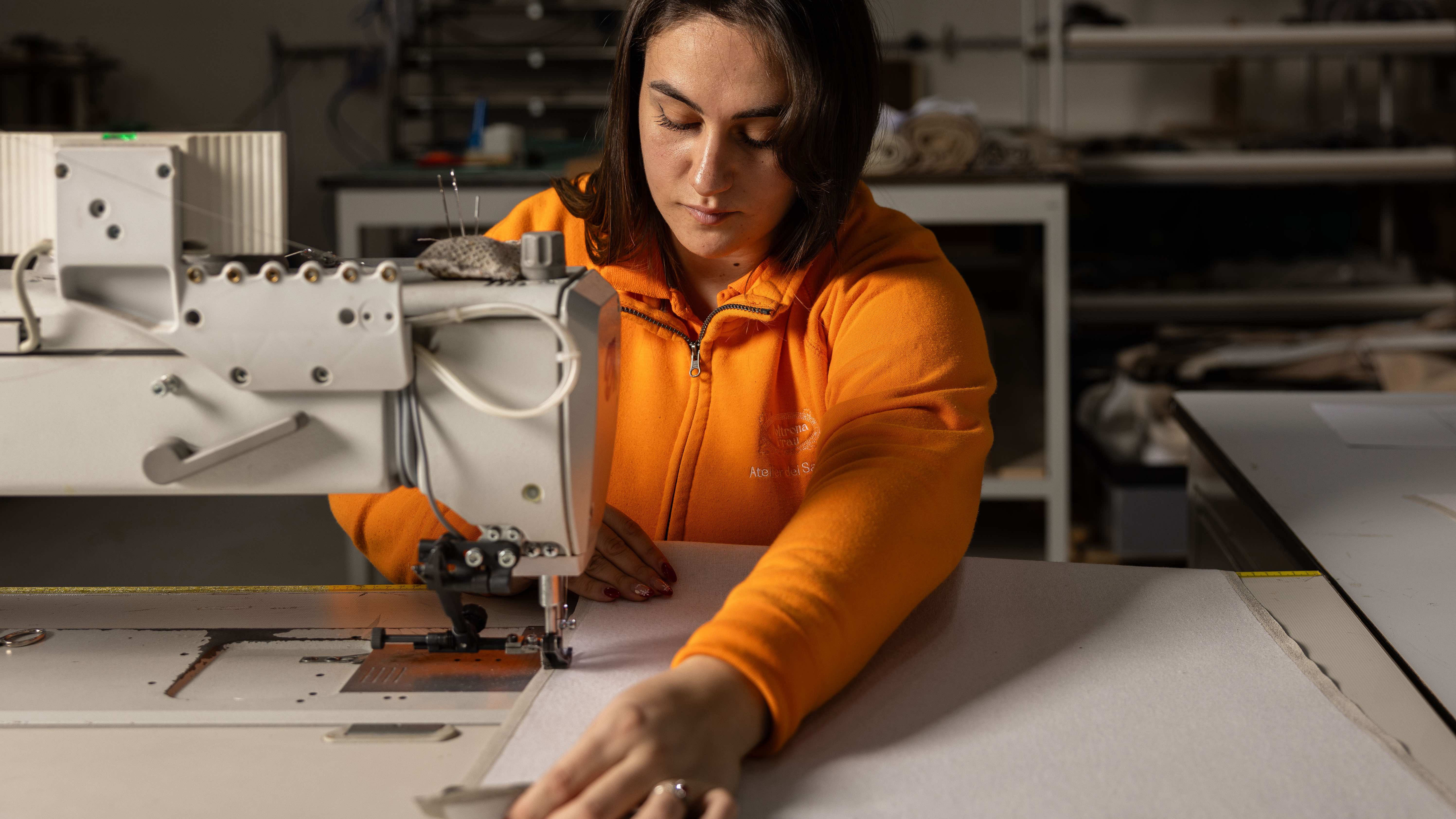 Through an innovative new training program, Poltrona Frau aims to safeguard Italian craft
Through an innovative new training program, Poltrona Frau aims to safeguard Italian craftThe heritage furniture manufacturer is training a new generation of leather artisans
By Cristina Kiran Piotti
-
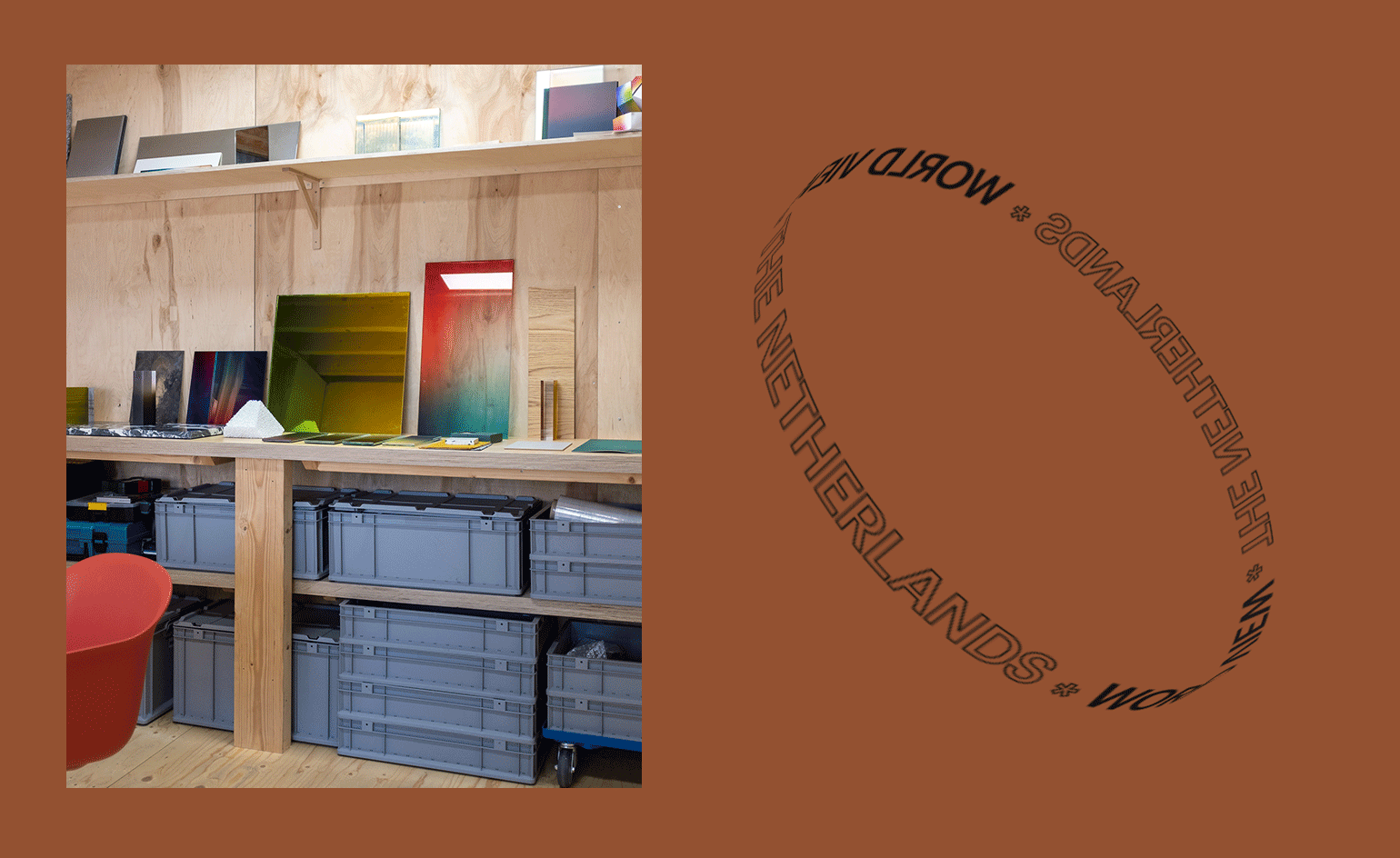 World View: Letter from The Netherlands
World View: Letter from The NetherlandsOur World View series shines light on the creativity and resilience of designers around the world as they confront the challenges wrought by the Covid-19 pandemic. Working with our international contributors, we reach out to creative talents to ponder the power of design in difficult times and share messages of hope. Dutch designers have taken the opportunity to reset and move towards a more sustainable future, writes Yoko Choy from Amsterdam.
By Yoko Choy
-
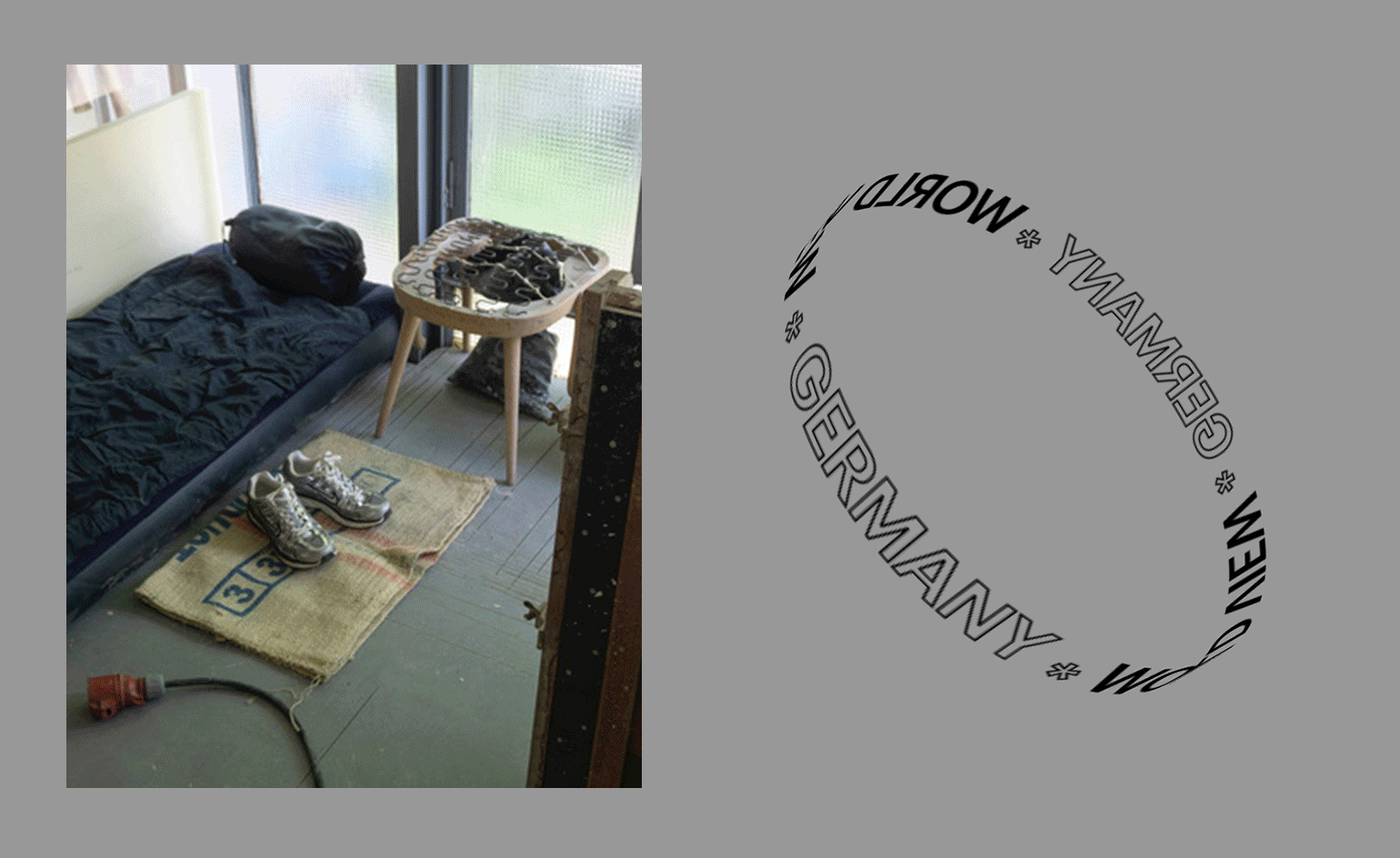 World View: Letter from Germany
World View: Letter from GermanyOur World View series shines light on the creativity and resilience of designers around the world as they confront the challenges wrought by the Covid-19 pandemic. Working with our international contributors, we reach out to creative talents to ponder the power of design in difficult times and share messages of hope. In Berlin, designers have embraced the slower pace of life and developed a stronger appreciation for community and environment, writes Emily McDermott MORE FROM WALLPAPER* WORLD VIEW
By Emily McDermott
-
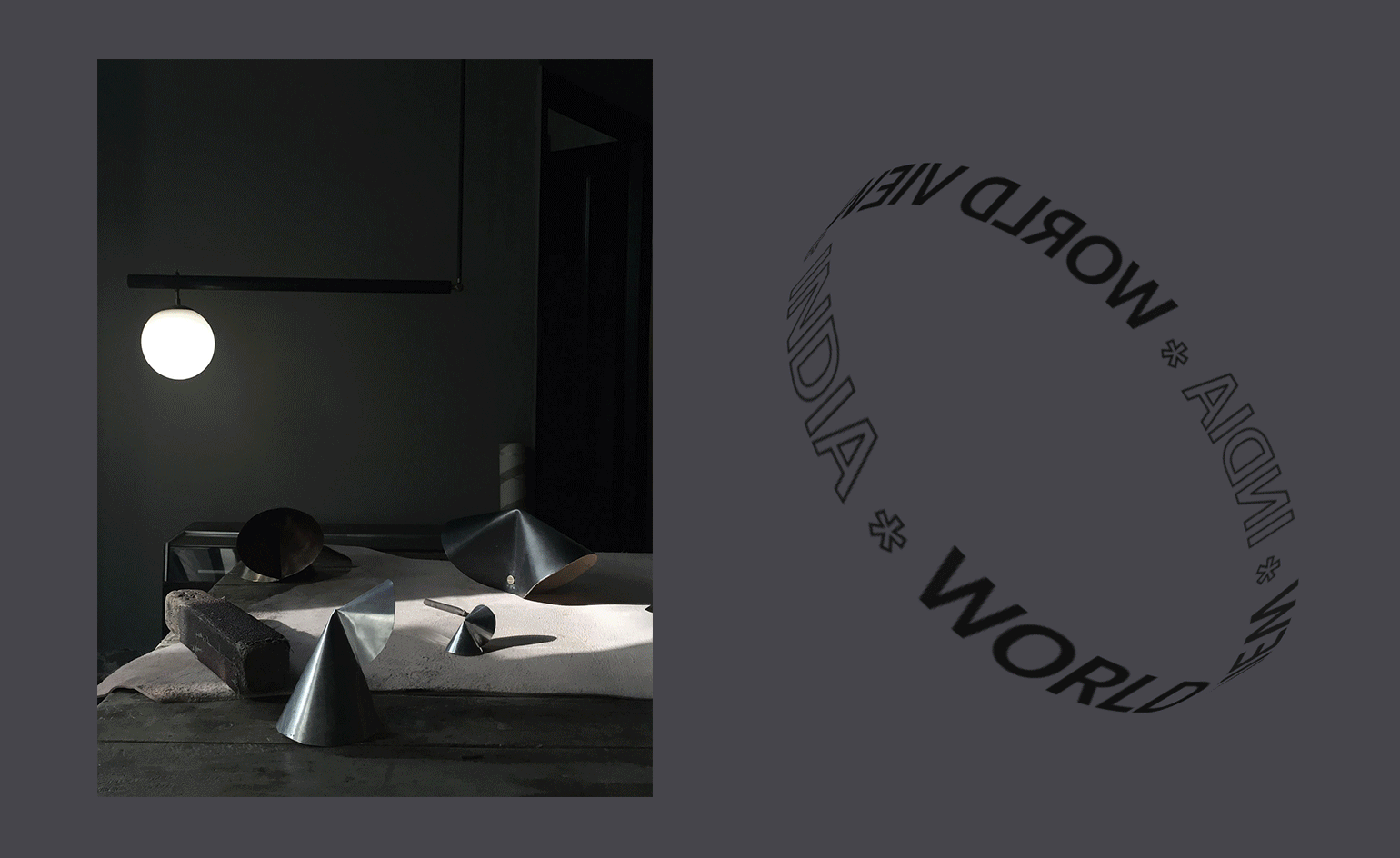 World View: Letter from India
World View: Letter from IndiaOur new series shines light on the creativity and resilience of designers around the world as they confront the challenges wrought by the Covid-19 pandemic. Working with our international contributors, we reach out to creative talents to ponder the power of design in difficult times and share messages of hope. In Mumbai, Bangalore and New Delhi, studios and designers have been connecting with team members through craft, while stepping back to appreciate local sources, writes our design editor, digital, Sujata Burman
By Sujata Burman
-
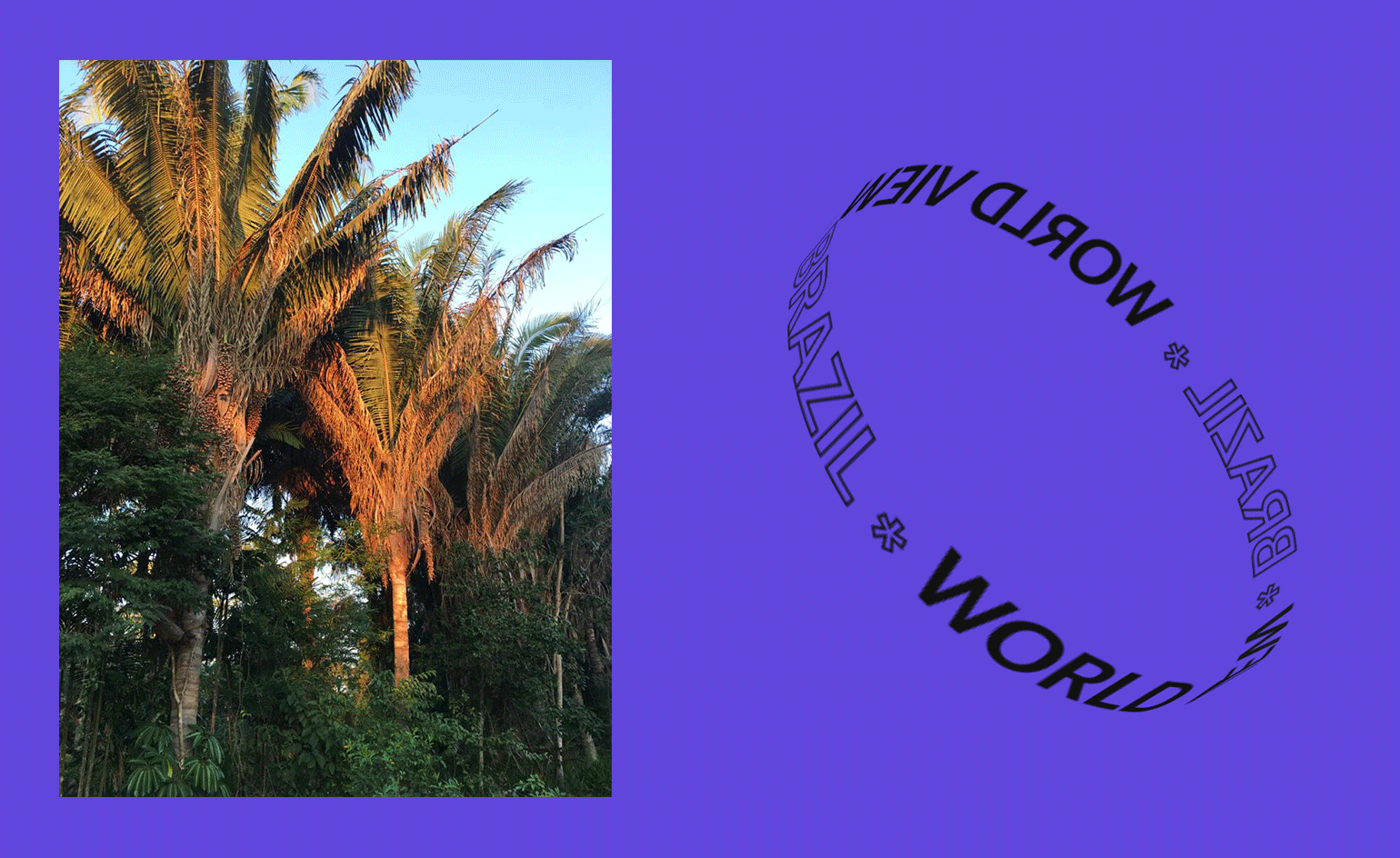 World View: Letter from Brazil
World View: Letter from BrazilThe World View series shines light on the creativity and resilience of designers around the world as they confront the challenges wrought by the Covid-19 pandemic. Working with our international contributors, we reach out to creative talents to ponder the power of design in difficult times and share messages of hope. Brazilian designers have been characteristically composed, and coming together in the face of the country’s mounting crisis, reports Scott Mitchem
By Scott Mitchem
-
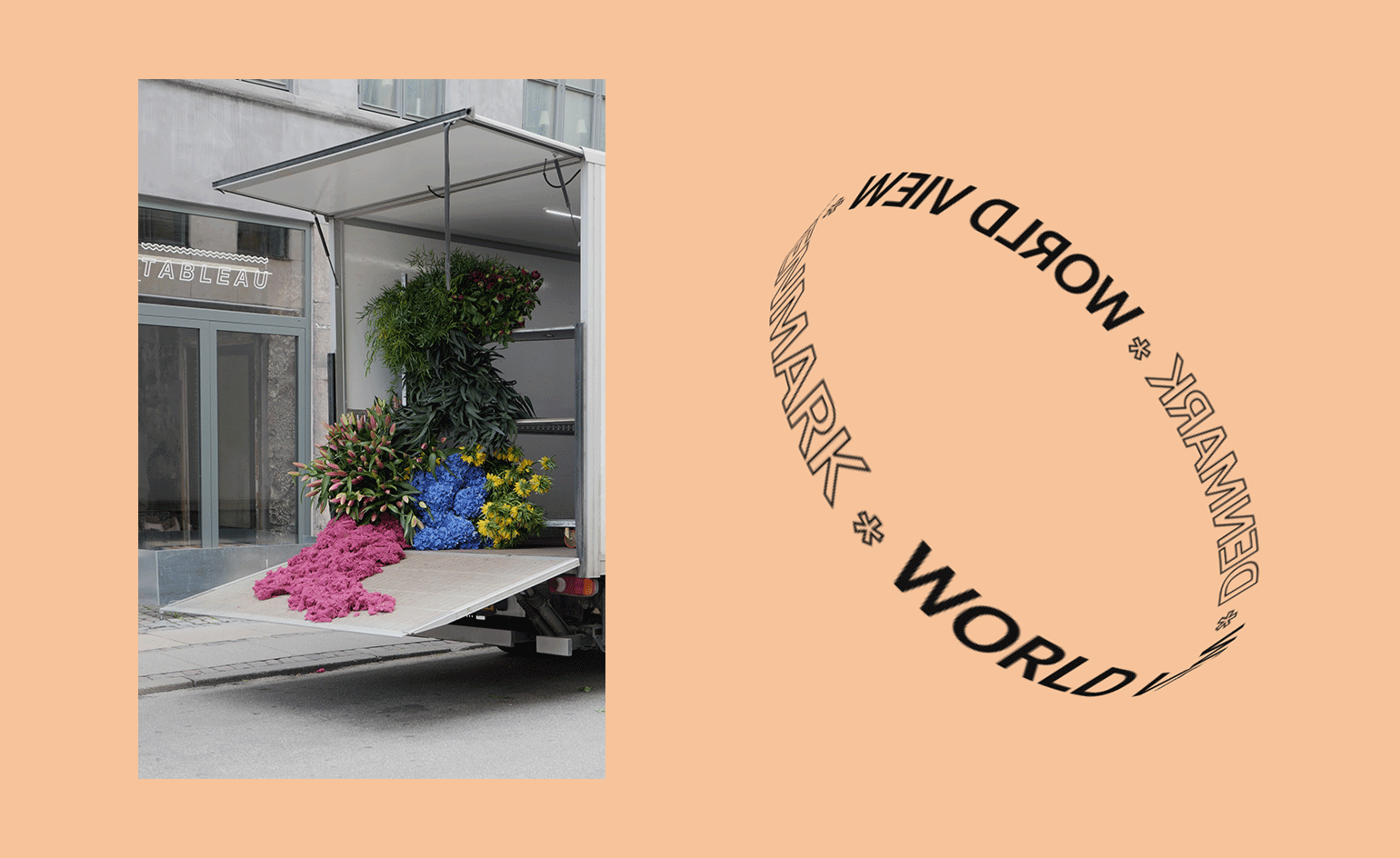 World View: Letter from Denmark
World View: Letter from DenmarkThe World View series shines light on the creativity and resilience of designers around the world as they confront the challenges wrought by the Covid-19 pandemic. Working with our international contributors, we reach out to creative talents to ponder the power of design in difficult times and share messages of hope. Among designers in Denmark, there has been some disorientation, but also patience, resilience, and a newfound sense of purpose and generosity, writes our commissioning editor TF Chan.
By TF Chan
-
 World View: Letter from Mexico
World View: Letter from MexicoThe World View series shines light on the creativity and resilience of designers around the world as they confront the challenges wrought by the Covid-19 pandemic. Working with our international contributors, we reach out to creative talents to ponder the power of design in difficult times and share messages of hope. Reporting from Mexico, writers James Burke and Molly Mandell examine the ways in which designers are supporting local makers and elevating traditional craft, avoiding distractions and focusing on the things that matter most.
By James Burke
-
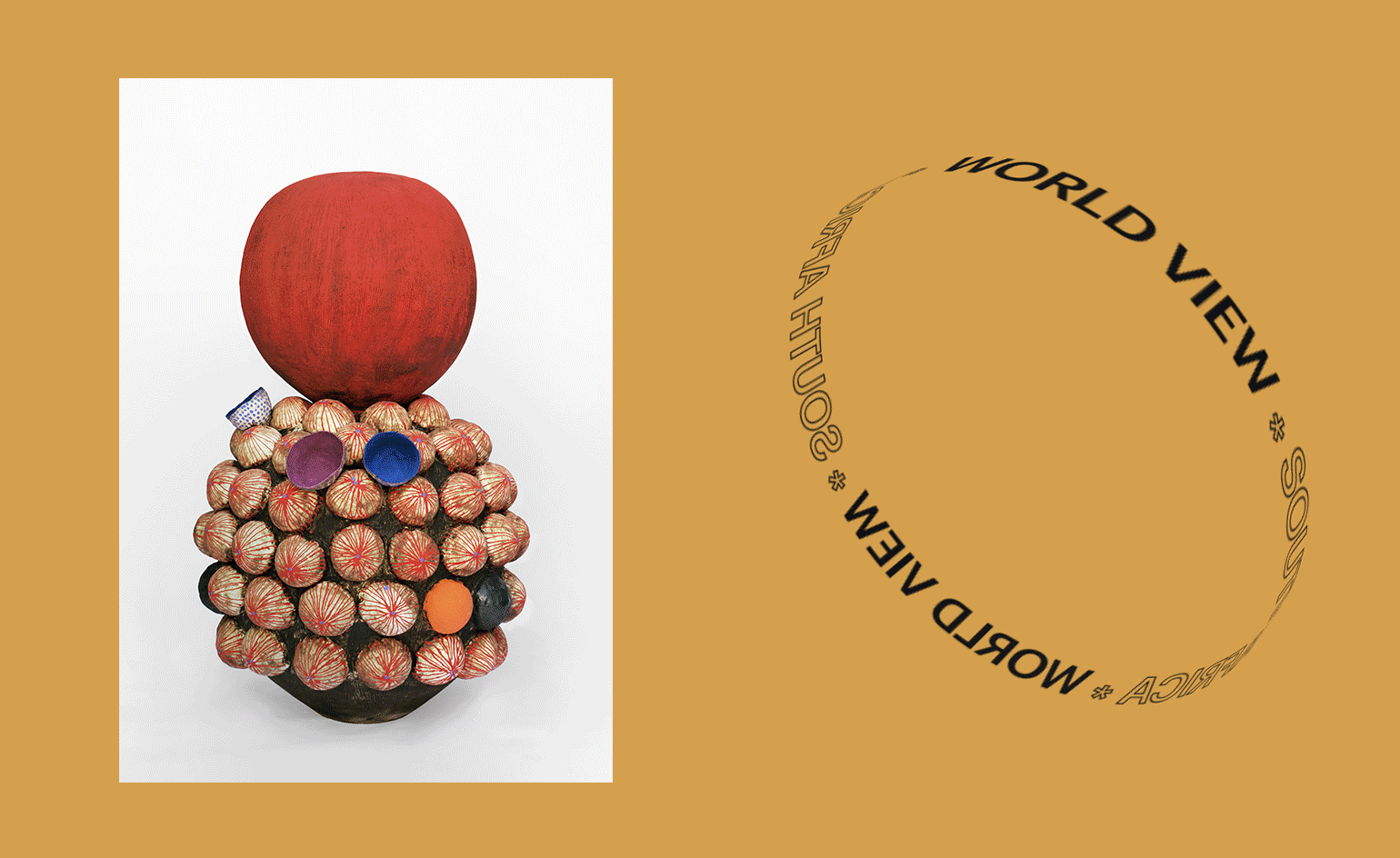 World View: Letter from South Africa
World View: Letter from South AfricaThe World View series shines light on the creativity and resilience of designers around the world as they confront the challenges wrought by the Covid-19 pandemic. Working with our international contributors, we reach out to creative talents to ponder the power of design in difficult times and share messages of hope. As South Africa emerges from one of the world’s strictest lockdowns, designers and artists are scrambling to revive small businesses and channelling their creative energies to analogue production, reports Sean O’Toole from Cape Town.
By Sean O'Toole
-
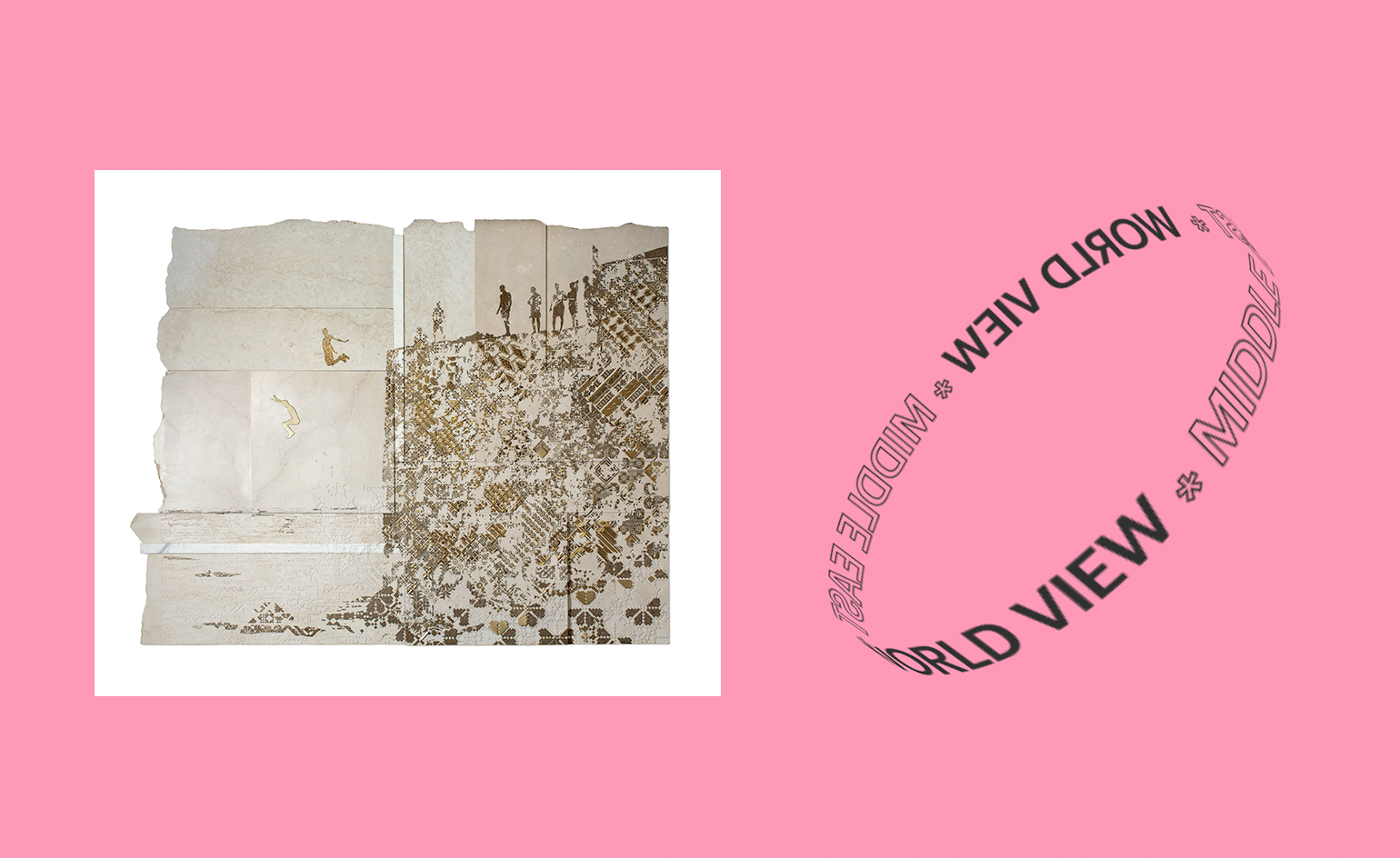 World View: Letter from the Middle East
World View: Letter from the Middle EastThe World View series shines light on the creativity and resilience of designers around the world as they confront the challenges wrought by the Covid-19 pandemic. Working with our international contributors, we reach out to creative talents to ponder the power of design in difficult times and share messages of hope. Designers in Lebanon, Jordan, the UAE and Bahrain are experimenting, reflecting, connecting with local makers, and exploring projects with social impact, reports Rebecca Anne Proctor from Dubai.
By Rebecca Anne Proctor